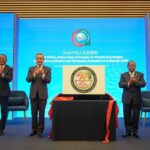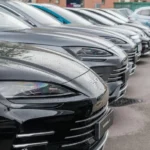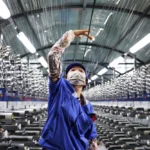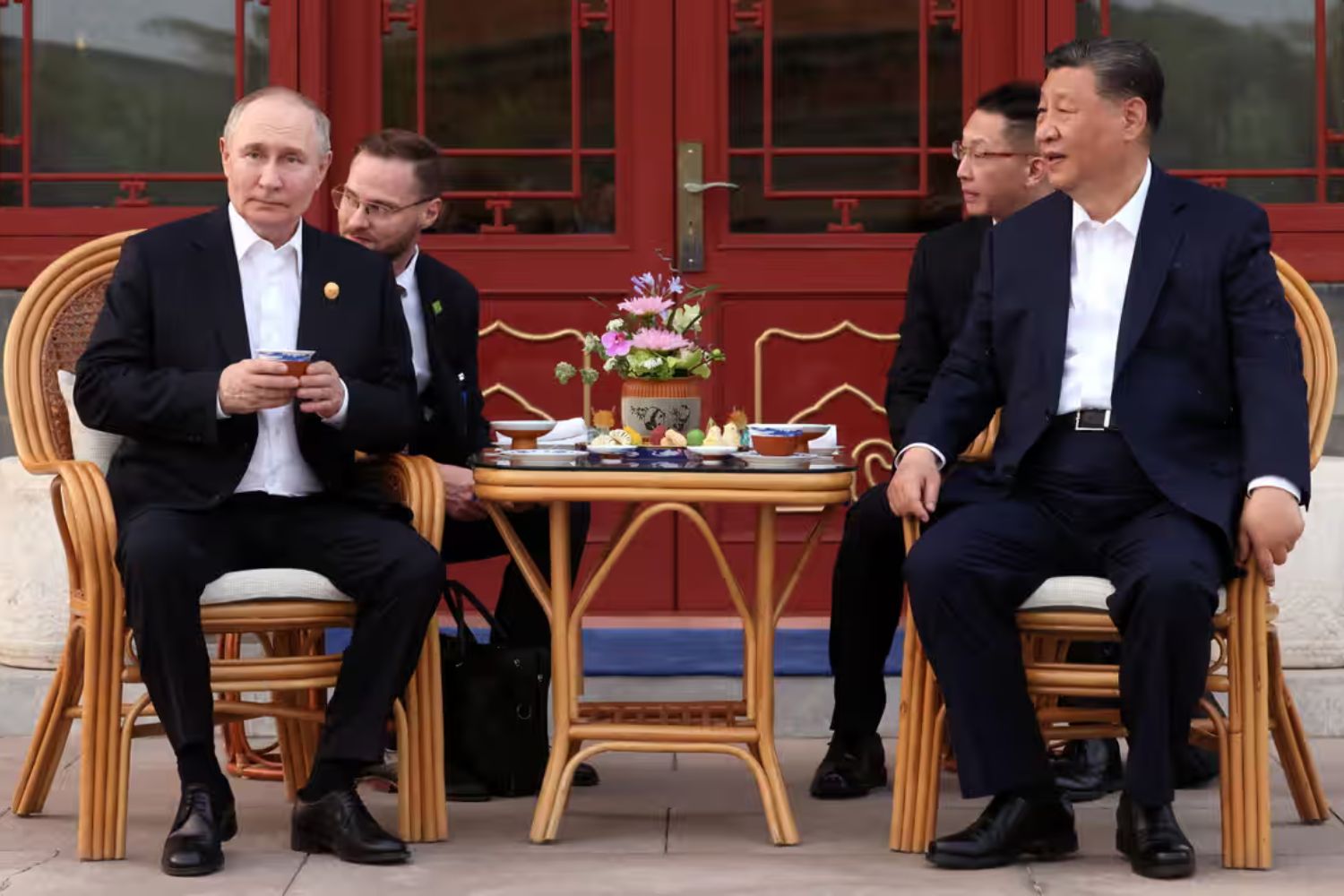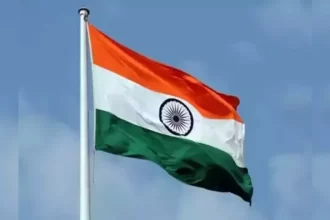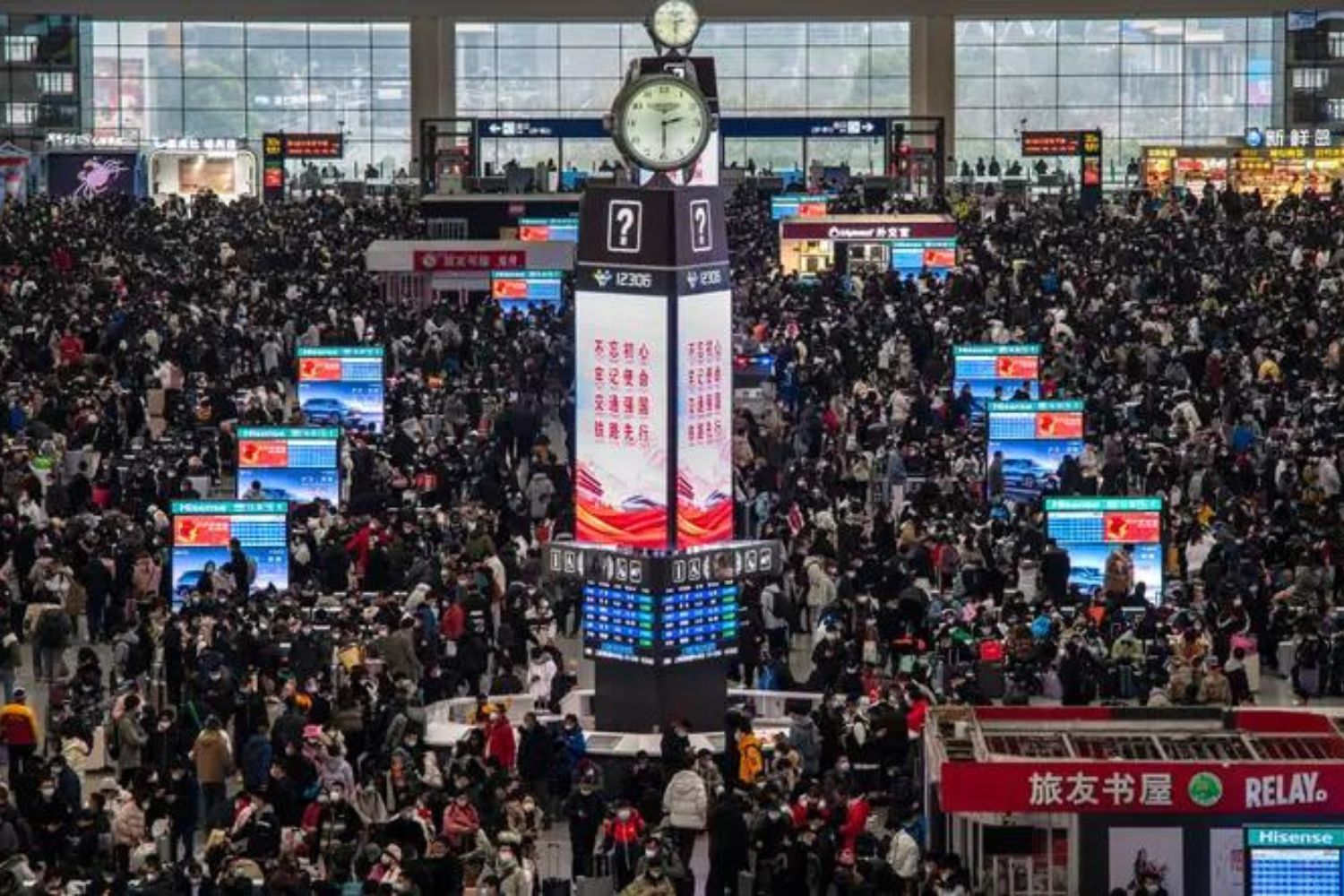Loren B Landau, University of the Witwatersrand and Rebecca Walker, University of the Witwatersrand
The South African government recently issued a long-awaited policy statement – called a White Paper – outlining proposed changes to the country’s asylum and immigration system.
More than 20 years after its first post-apartheid immigration legislation in 1998, immigration remains a pressing concern.
Getting this policy right could help with South Africa’s economic recovery, increase regional prosperity, and heighten security for citizens and migrants alike.
A general election is due in 2024 and the issue is at the heart of political debate.
Immigrant rights advocates and anti-immigrant activists will welcome the far-reaching efforts to reform frameworks that currently work for none but a few rent-seeking bureaucrats.
Most will embrace proposed initiatives to better train officials and reduce corruption but will agree on little else.
Human rights advocates will decry proposals to relocate the processing of asylum applications to the border and to narrow immigrants’ channels to permanent residency and citizenship.
The stated imperative to “develop a well-coordinated strategy of tracking down illegal foreigners” will raise their hackles. Anti-immigrant activists and leaders will say the proposals do not go far enough.
Collectively we have studied immigration policy and practice in South Africa and elsewhere for almost 40 years. Based on this experience, we find that the White Paper does not provide an empirical foundation for effective, developmental policy reform.
Instead, it offers vague proposals to address problems that are less about immigration than bureaucratic and political mismanagement. It provides a smokescreen to hide government faults.
Perhaps it’s intended to distract voters in the 2024 elections from the increasing inequalities and socio-economic challenges in South Africa.
False claims and lapses of logic
What is most unsettling about the paper is how the government invents its own social reality, and then offers vague and poorly considered proposals to solve nonexistent problems.
Case in point: the document states that 150,997 people in South Africa have been granted citizenship by naturalisation (presumably since the 2002 Immigration Act).
This number is used to justify radically narrowing pathways to citizenship. Yet, this figure represents less than 0.2% of the country’s population of 62 million.
The suggestion that citizenship is easily accessed – especially through the asylum process – is bizarre. This could only happen if asylum cases were effectively processed. They are not.
Since the Refugees Act was passed in 1998, only about 300,000 people have been granted refugee status. Many of these have since left South Africa or needed to reapply (so they may have been counted more than once). Of these 300,000, only a small percentage have become permanent residents, let alone citizens.
The White Paper reaches its tragi-comic apex by including a substantial list of legal cases that civil society has won against the Department of Home Affairs for not enforcing its own laws. The cases are supposedly so numerous that there are several instances wherein the DHA has been slapped with court orders of which it has not been aware of the proceedings.
Rather than bring itself into line, the department wants the law altered to prevent these court challenges. And it argues that without legal reform, scapegoating and violence against immigrants will continue.
The White Paper reasons that excluding immigrants from South Africa will protect them by making Home Affairs more legally compliant, and South Africans more tolerant and welcoming.
The paper’s most remarkable self-delusion is in its estimates of between 5 million and 13 million immigrants. These estimates have been debunked. The most reliable source of information on population data, Stats SA Census 2020, indicates that the percentage of immigrants in the country has declined in the last decade. The numbers may not be perfect, but the total number of foreign-born residents (including exiles, spouses, investors, and others) is close to 2.4 million – somewhere around 4% of the total population of 62 million. The previous census (2010) put the figure at 4.4% of a total population of 52 million.
The White Paper suggests that strict laws are needed “to protect the rights” of South African citizens against “the harsh realities” that there are simply not enough resources for everyone. Yet the question is: what exactly do South Africans need to be protected from?
ALSO READ: South African Parliament votes overwhelmingly to cut ties with Israel over Gaza violence
Misplaced blame
Immigration can be a challenge. But this does not explain why South Africans spend days without light, water, jobs, or hope of addressing economic inequality. Immigrants are not the reason why the health service is failing or infrastracture is crumbling. And immigrants are not responsible for most of the country’s crime.
Missing too from the White Paper is a grounded discussion of how mobility and immigration schemes can meet skills gaps, promote investment, and create jobs across the region. Whether in the US or South Africa, most careful research suggests immigration has positive economic effects.
Nowhere is there reference to the careful analysis of connections between immigration and development, or research involving the Department of Labour, the International Labour Organisation, unions, and scholars.
Instead, the White Paper offers an almost Soviet style programme where experts will designate entry requirements based on predictions of needed skills. The unpredictability of the regional economy, the high economic and human costs of state-managed labour systems, and the diplomatic benefits of a more regionally integrated labour market suggest another model is needed.
It is another illusion that a government that cannot identify and respond to citizens’ basic needs – water, electricity, education, or healthcare – can somehow predict and carefully manage a regional migrant labour system. It is equally fantastical to think that it should.
ALSO READ: South Africa’s Oscar Pistorius in fresh parole bid a decade after killing his girlfriend
Imagined problems, impractical solutions
The White Paper does not outline an approach to improve immigration policy. Its proposals are vague and the problems it seeks to solve are not about immigration.
This appears to be part of a trend: the poorly researched and largely unsubstantiated 2017 South African Law Reform Commission’s Report on Adult Prostitution similarly overlooked robust evidence-based research in favour of “data” from religious NGOs in the US and personal blogs.
Both examples point to a government lacking capacity to empirically analyse the world and develop solutions to real problems. If not that, they suggest a government wilfully deceiving its citizenry: making immigrants the scapegoat for its own failings. Given the content of the White Paper, it is likely both.
Loren B Landau, Co-Director of the Wits-Oxford Mobility Governance Lab, University of the Witwatersrand and Rebecca Walker, Research Associate at the African Centre for Migration & Society, University of the Witwatersrand
*This article is republished from The Conversation under a Creative Commons license. Read the original article.






